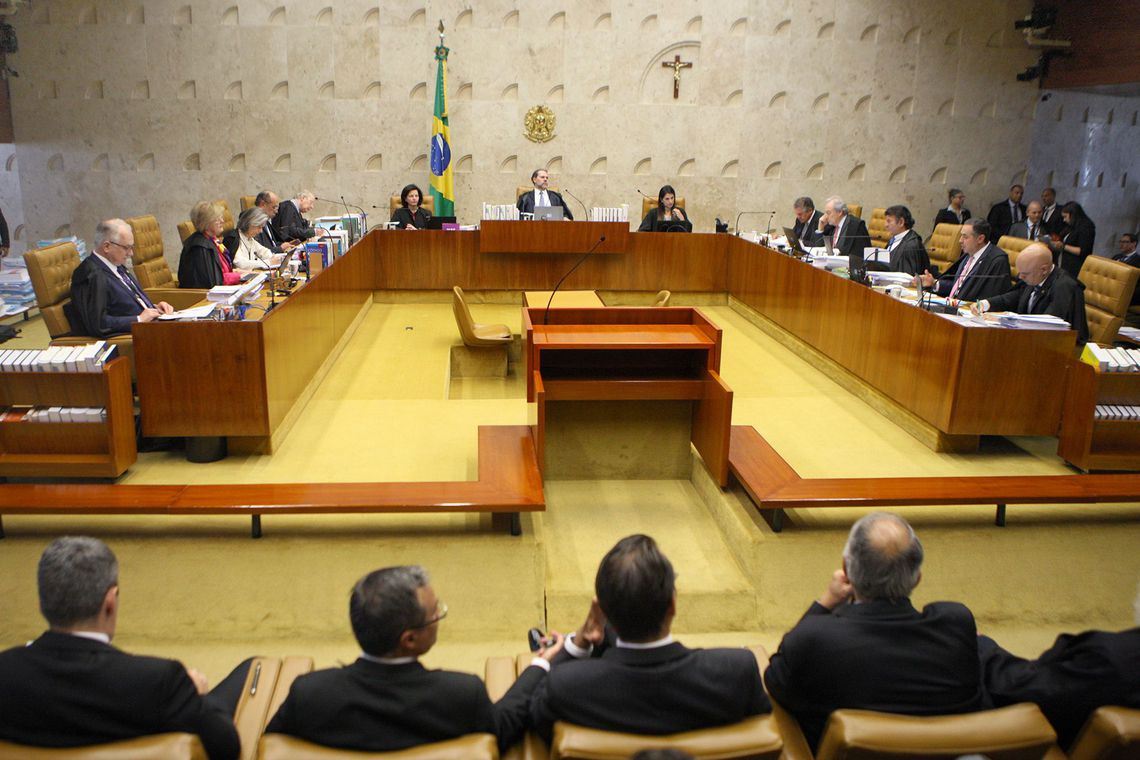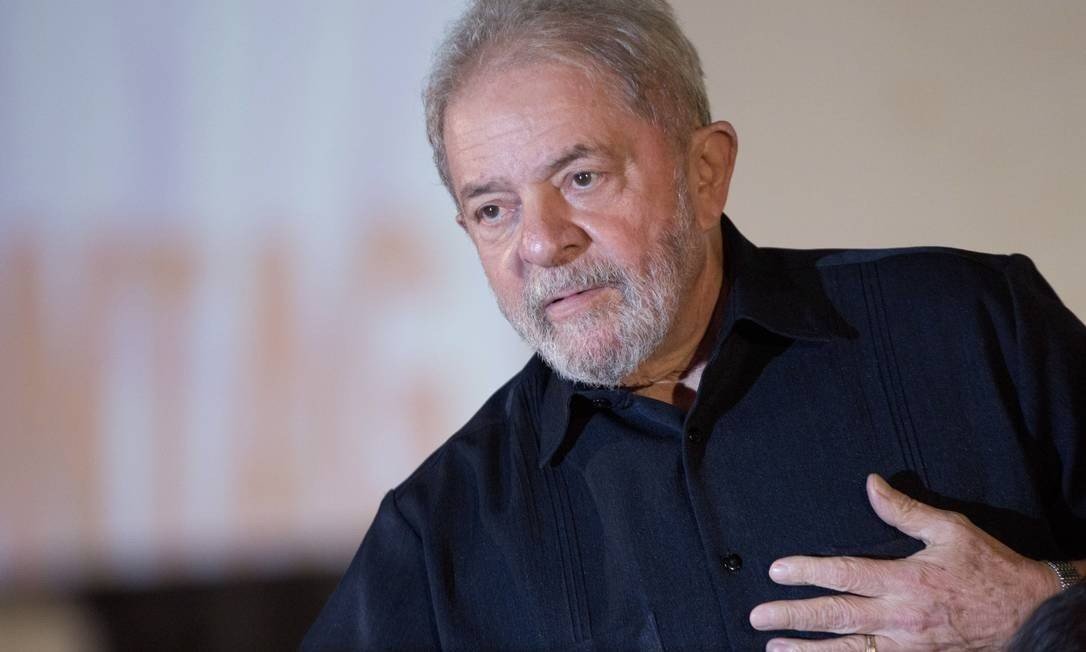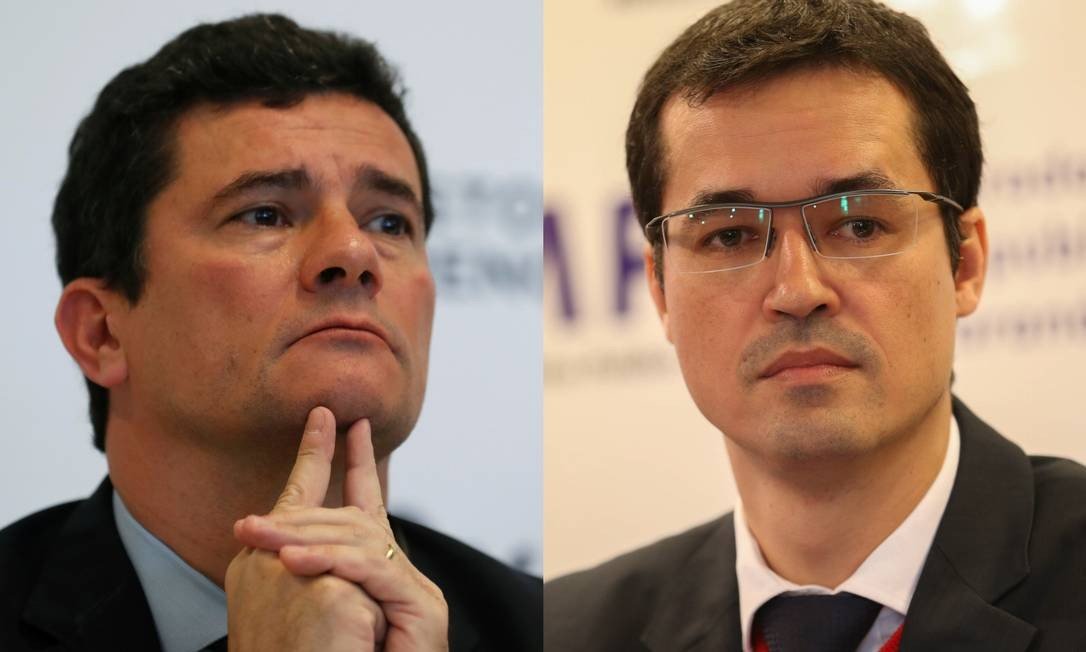RIO DE JANEIRO, BRAZIL – The Federal Supreme Court (STF) is preparing a number of trials related to Lava Jato with the potential to run counter to the interests of prosecutors and change the course of ongoing investigations in Brazil. More than enforcing potential defeats for the operation, it is a matter of ensuring “the triumph of the Constitution,” in the definition of court justice.

The STF is expected to examine the merits of lawsuits that discuss the potential for imprisonment after an appellate court ratification of a conviction, one of Lava Jato’s foundations and advocated by Justice Minister Sérgio Moro, until November.
The full court will also have to establish a common understanding on the sharing of tax and banking data with investigators, by the Treasury and the former COAF, without judicial authorization, in addition to defining criteria for the annulment of convictions in cases where defendants have not been assured the right to file final briefs after those of co-defendant whistleblowers.
“Everyone is in favor of fighting corruption, although respecting the legal means. In Law, the means justify the end, not the end the means. It is not possible to carry out this criminal pursuit of mischief (lack of order). We are not culturally progressing at any cost,” Justice Marco Aurélio Mello told Estado, in reference to the STF’s year-end agenda. “I can not run over the rules of governance that disclose deregulation and guarantees of the citizen”.
In the Second Panel – comprising five of the 11 justices of the Court – the judgment is expected to be concluded in which the defense of former President Luiz Inácio Lula da Silva charges Moro with acting in a biased manner when he was a federal judge in Curitiba, after convicting him in the Guarujá triplex case and then taking office as a minister in Bolsonaro’s government.

The prosecutors involved in the investigations criticize the likelihood of changes, arguing that these could open a precedent for the annulment of convictions. Deltan Dallagnol, coordinator of Curitiba’s task force, has already spoken in recent interviews about “revenge” and the “tremendous setback” for Lava Jato.
Such criticism has also fed Internet groups that, supported by legislators, organize themselves in protests against the Supreme Court. The last of these took place in late September when protesters dressed in green and yellow tried to tear down the bars surrounding the Supreme Court’s outer area, which led police to fire tear gas to disperse the crowd. The protesters spoke of “moralizing” the Supreme Court. In the midst of the turmoil, a state police officer was stoned.
The end of the year agenda has come to light after The Intercept Brasil published the content of alleged messages exchanged by then-judge Sérgio Moro and prosecutors during the Lava Jato proceedings.
A political target, Moro faces wear and tear in Congress for the approval of the anti-crime package. President Jair Bolsonaro also fears the minister will not be approved by the Senate for a Supreme Court seat as a result of retaliation by politicians investigated in operations authorized by Moro when he was a judge. As of November 2020, there will be two seats vacant on the Court.

Polarization
According to Davi Tangerino, professor of Criminal Law at FGV Law School in São Paulo, the future decisions of the Supreme Court involving Lava Jato will reinforce the polarized environment in Brazil. “We have been living in binary times. There will be a large group taking this as a synonym of impunity and another saying that the Supreme Court has done justice to Lula. Who will speak louder, make more noise? Time will tell,” he said.
“Lava Jato is a task force that has had important results but has been committing excesses for a long time. The best thing is to understand that the Supreme Court has finally realized that there have been excesses and now, based on the indications that we are getting, it is going to retake the constitutional path,” Tangerino added.
Rapporteur of three actions discussing early execution of a sentence, Marco Aurélio has already challenged both the current Presiding Justice of the STF, Dias Toffoli and his predecessor, Cármen Lúcia, by requesting the inclusion of the issue on the plenary agenda. In December 2018, on the eve of the end of the year-end recess, Marco Aurélio granted an injunction prohibiting imprisonment after convictions were ratified by an appellate court, but the decision was overturned by Toffoli on the same day.
Now, the justices hope that both the wing aligned with Lava Jato and that most critical of the performance of the Prosecutor’s Office, will agree to review and define the STF’s current position on the issues.
The question is whether the Supreme Court will allow imprisonment only after all appeals have been exhausted, the so-called “res judicata”. It can also choose an intermediate solution, setting an appellate decision by the Superior Court of Justice (STJ) as a benchmark – a position that has already been advocated by Toffoli and Mendes. Justice Rosa Weber’s vote is deemed decisive to define the score, which tends to be tight again.
In April last year, Weber voted against a request for Lula’s freedom, even though she had already taken a stand against the early execution of the sentence. She argued that she had followed the full court’s rulings.
Also in November, the Supreme Court must decide whether to confirm the injunction granted by Toffoli, which suspended proceedings throughout the country involving the sharing of data by the Treasury and the former COAF without judicial authorization.
The decision directly affects Senator Flávio Bolsonaro, who came to the attention of the Prosecutor’s Office for acts allegedly committed when he was a state deputy in Rio de Janeiro. By Toffoli’s decision, this investigation has come to a halt.
Source: O Estado de S. Paulo

